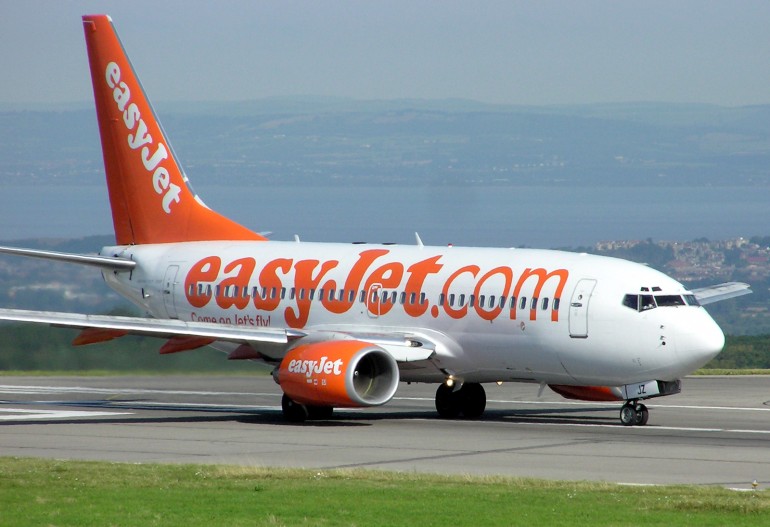Sponsored Listings:
easyJet’s European network continued to drive passenger growth in the three months ending September 30th, with passenger numbers reaching a record 22 million.
The low-cost carrier also recorded a strong load factor of 93.9 per cent.
Passengers have benefitted from the low fares across our network with revenue per seat at constant currency decreasing by 8.7 per cent during the quarter compared to this same period in 2015.
easyJet has performed strongly in a difficult operating environment for all European airlines and in the three month period has been affected by major disruption, exchange rate fluctuations impacting holiday travel costs, the impact on demand from terrorist events and the low cost of fuel continuing to drive increased market capacity.
The Luton-based airline has grown capacity by 6.1 per cent in the quarter compared to prior year, continuing to deliver its strategy of enhanced long-term competitive advantage through building leading positions at key airports in its core summer beach routes and its European City network.
Cost per seat excluding fuel at constant currency is expected to decrease by 1.1 per cent for the full year, slightly better than previous guidance.
Cost per seat at constant currency including fuel is expected to decrease by 4.6 per cent.
easyJet remains very focused on cost and has continued to drive structural improvements, such as in maintenance and overhead costs.
Significant exchange rate movements since the EU referendum result have had a net adverse impact on the company.
Foreign exchange rate movements are now expected to have around a £90 million adverse impact compared to the financial year to September 30th 2015, an increase of £35 million since June 23rd.
easyJet’s unit fuel bill for the second half of the financial year is expected to decrease by between £75 million and £80 million compared to the six months to September 30th, 2015.
Sourse: breakingtravelnews.com










